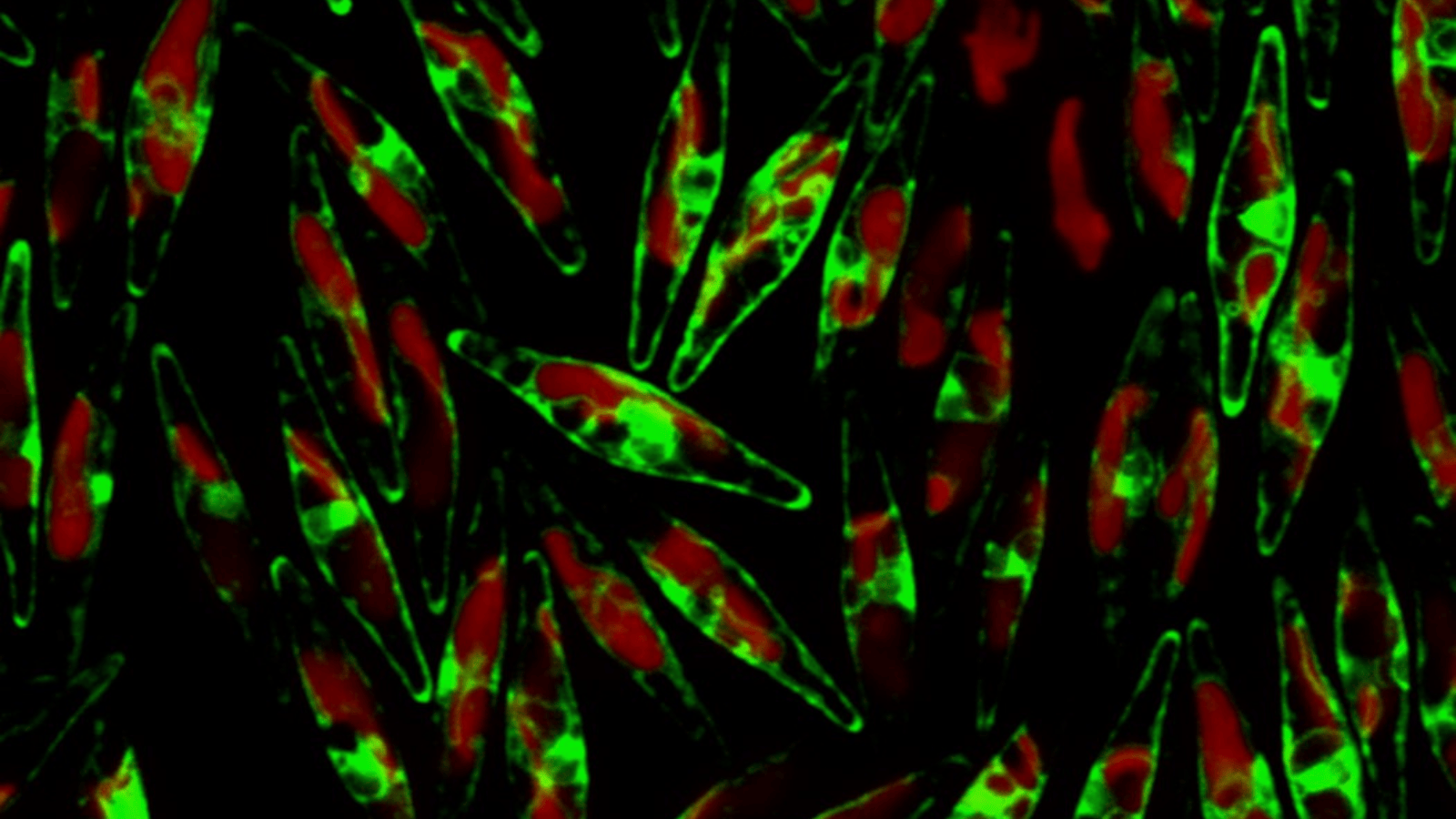-
About faculty
-
Admissions
-
Study at the Faculty
-
Science and research
-
International relations
-
Contacts
Science and research
Branišovská 1645/31a, 370 05 České Budějovice Tel. 387 776 201 |
Branišovská 1645/31a, 370 05 České Budějovice Tel. 387 776 201 |
© 2026 University of South Bohemia
Cookies
1
0
-
Basic information about University IT
-
Set or change the password for VPN and Wi-Fi
-
Change / Verify personal email
-
Change user password
-
Email - login & problems with login
-
Available NTB
-
Contacts
-
Information for PhD students
-
Rules regarding PhD study
-
DSP specialist boards
-
Thesis Advisory Committee
-
Financial support
-
For newly admitted students
-
Well-being




